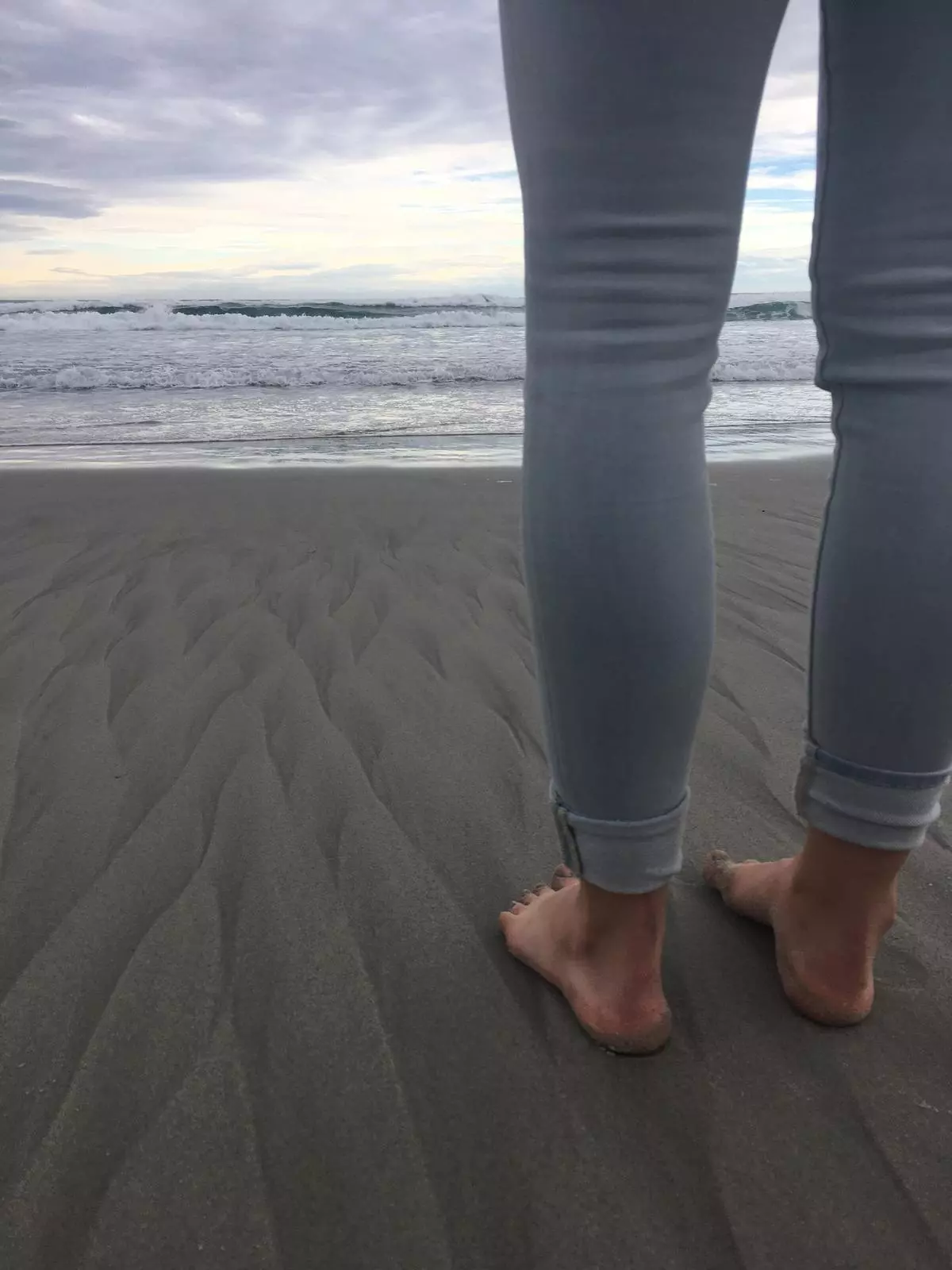Handling Illness While Abroad


No matter how carefully students approach study abroad, illness and injury are often an unavoidable part of the experience. Visiting a doctor’s office in a foreign country can be both intimidating and stressful, however taking care of your physical health while abroad is extremely important, and experiencing a new healthcare system, while never ideal, can expose students to the differences in medical systems around the world, giving them a new perspective on american healthcare.
While in New Zealand I have attended medical facilities on multiple occasions, and while, given the choice, I would have avoided the doctor’s office entirely, I did develop a better understanding of the differences between the health sector here and the one I’ve experienced all my life, in the United States. Here in New Zealand, Kiwis have implemented a universal healthcare system called the Accident Compensation Corporation (ACC), which covers all expenses for both citizens and visitors who suffer personal injury. This is far different from the predominantly private health insurance that I am used to back in the States. There are, of course, some parameters to this system, like pre-existing injuries, afflictions sustained while intoxicated and sexual health issues that are not covered by the ACC. Due to these limitations, it is very important for students who plan to go abroad to know what health system their host country has, and while the IFSA staff did a great job of providing a brief overview of New Zealand’s system during orientation, it is also important to do independent research prior, especially in order to understand what travelers insurance covers, if and when the local health care system fails to cover everything.
One stressful aspect of using travelers insurance abroad, is that it requires students to pay medical expenses up-front and submit receipts to the insurance company. For a student like myself who is traveling on a tight budget, the idea of putting a large sum of money down is very daunting. Despite this, it’s still very important to continue to seek medical treatments and not simply put things off until returning stateside.
Take, for example, one reason I sought medical attention while abroad. While swimming at St. Claire’s beach one day, my left ear became blocked with wax and had gotten progressively worse in the following days. At first it was simply annoying but it became worrisome once my hearing began to get fuzzy. Despite this, I still seriously considered just waiting it out, I figured that it would either get better on its own or I’d just get it looked at once I got back stateside. However, my girlfriend was having none of that and booked me an appointment. This turned out to be a very smart choice because the doctor later told me, after extracting a piece of wax the size of an earplug, that had I waited until I returned home, I probably would have gotten a serious ear infection. While an ear infection would hardly be the end of the world, it definitely would’ve been more costly than my initial doctor’s appointment, and the costs might not have only been financial. While abroad, students should be concerned with exploring and getting to know their host country, a task which is made exceptionally more difficult and much less pleasant if pain is present. I spent my nine days of spring break hiking and camping along the entirety of the south island’s west coast, an adventure that would’ve been far less fun if I had been battling an ear infection.
Even if it’s intimidating, it is extremely important to seek medical treatment abroad when needed. Even simple things like checkups or physicals are important and can be harmful to put off. If I had the opportunity to understand one thing better before coming abroad, I think that I would have done a better job of understanding local medical options as well as how to file claims for travelers insurance. However, despite my lack of experience and knowledge in this field, I still managed to figure everything out, without going broke. The best part is, getting medical assistance when I needed it, kept me healthy and happy while in New Zealand and has allowed me to get the most out of my time abroad.
Liam C. H. | University of Otago | Spring 2018 | IFSA International Correspondent